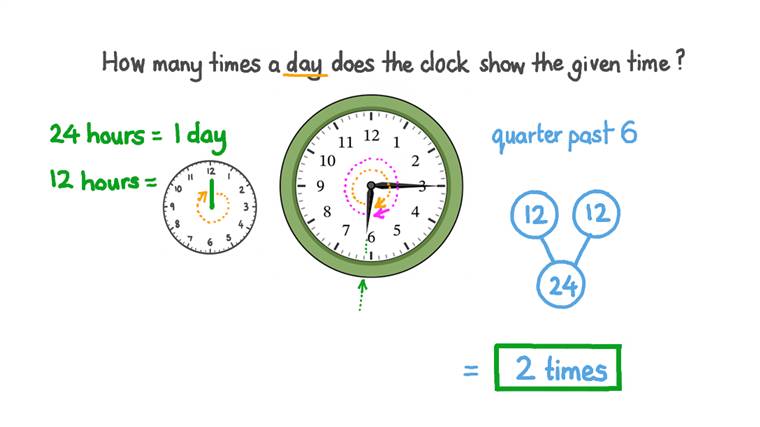How many Hours are in a Day

In the grand tapestry of the universe, time is the invisible thread that weaves everything together. From the rhythmic rise and fall of the tides to the beating of our hearts, time dictates the cadence of existence. At the heart of this temporal dance lies one of the most fundamental units of measurement: the hour. But how many hours are in a day?
To answer this question, we must delve into the intricacies of timekeeping systems, explore the historical evolution of hours, and contemplate the philosophical implications of our perception of time.
Unveiling the True Measure
The concept of dividing the day into hours dates back to ancient civilizations, where timekeeping was closely tied to the movements of celestial bodies. The Egyptians, for instance, divided the day into two sets of twelve hours each, with the length of each hour varying depending on the time of year. Similarly, the Babylonians utilized a sexagesimal system, dividing the day into 24 equal parts, laying the foundation for the modern 24-hour day.
Fast forward to the present day, and we find ourselves adhering to a standardized 24-hour clock. Yet, even within this seemingly fixed framework, the notion of time remains fluid. The advent of atomic clocks, which measure time based on the vibrations of atoms, has revealed discrepancies in our traditional understanding of time. These discrepancies arise from factors such as Earth’s irregular rotation and gravitational variations, leading to the introduction of leap seconds to ensure synchronization with the Earth’s rotation.
Furthermore, the concept of time is deeply intertwined with cultural and societal norms. In Western societies, time is often viewed as a finite resource, to be managed and optimized for productivity. This mindset has led to the proliferation of precision timekeeping devices and the relentless pursuit of efficiency. In contrast, other cultures embrace a more fluid perception of time, where moments are savored rather than counted.
Exploring the Concept
Philosophically, our perception of time raises profound questions about the nature of existence. Are we merely passengers on the river of time, swept along by its currents, or do we possess agency to shape our own destinies? The concept of hours in a day serves as a reminder of our mortality, a finite measure of the moments we have been allotted in this ephemeral existence.
Yet, within the confines of this finite framework, lies the potential for infinite experiences. Each hour presents an opportunity for growth, discovery, and connection. Whether spent in deep contemplation or joyful celebration, every hour holds the promise of possibility.
In the realm of science and technology, our understanding of time continues to evolve. The theory of relativity, posited by Albert Einstein, shattered conventional notions of time as a constant, revealing its malleable nature in the presence of gravity and velocity. Meanwhile, advancements in quantum mechanics challenge our perceptions of causality and the linear progression of time.
Hours in a Day
As we peer into the depths of the cosmos, we encounter phenomena that defy our traditional understanding of time. Black holes, with their gravitational grip on space-time, distort the fabric of reality, warping time itself. In such extreme environments, the very concept of hours becomes a mere abstraction, dwarfed by the unfathomable vastness of the cosmos.
And yet, amidst this cosmic grandeur, the simple question remains: how many hours are in a day? The answer, it seems, lies not in the ticking of clocks or the revolutions of planets, but in the intangible essence of existence itself. For in the tapestry of time, every hour is a thread, weaving together the past, present, and future into the rich tapestry of human experience.
Conclusion
The concept of hours in a day serves as a gateway to deeper contemplation of the nature of time. From its humble origins in ancient civilizations to its profound implications in modern science and philosophy, the hour stands as a testament to humanity’s quest to understand the mysteries of existence. So, the next time you glance at your watch or check your phone for the time, take a moment to ponder the infinite depths contained within each passing hour. For in that fleeting moment, lies the essence of eternity.





